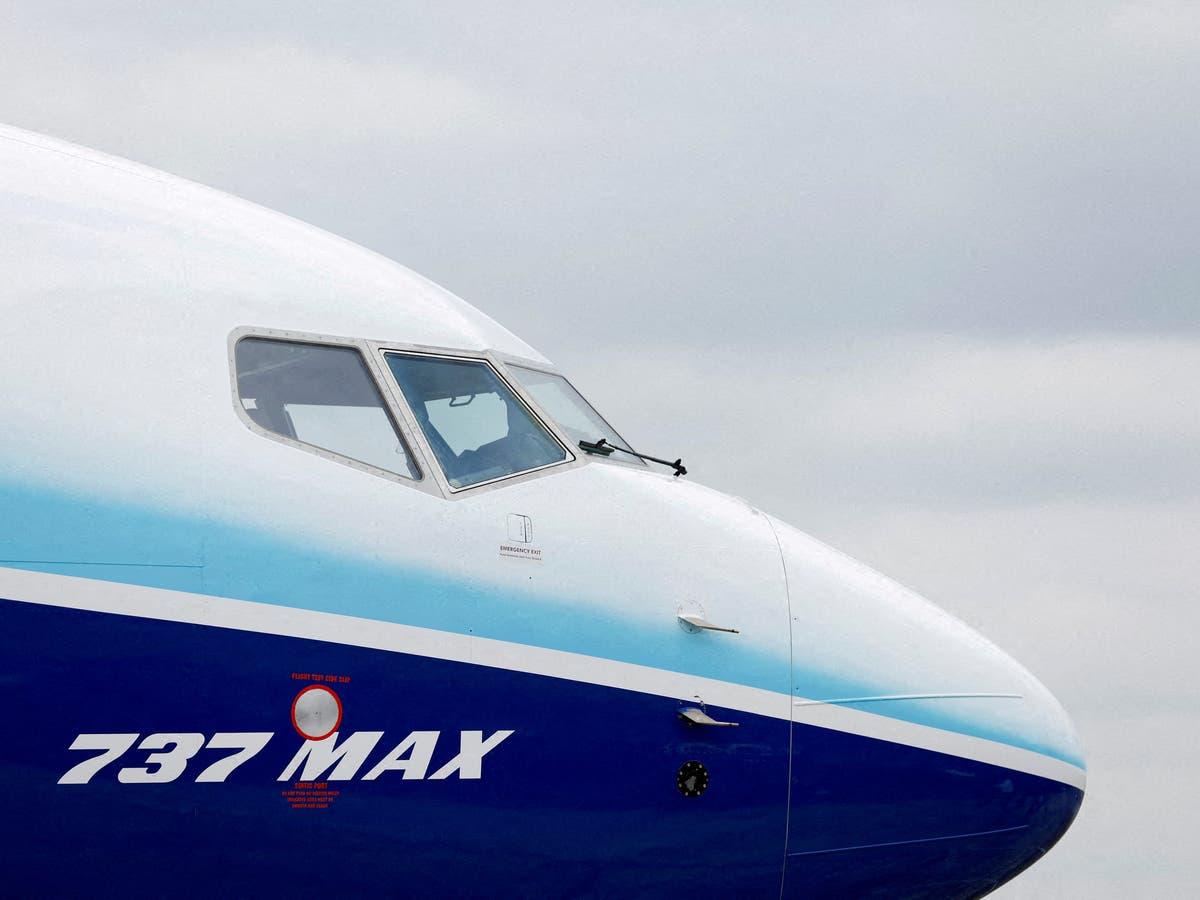
Smarter email, faster business. Auto-tag, parse, and respond to RFQs, quotes, orders, and more — instantly.
Trending Now:
Airlines Poised to Benefit from the Boeing 777X
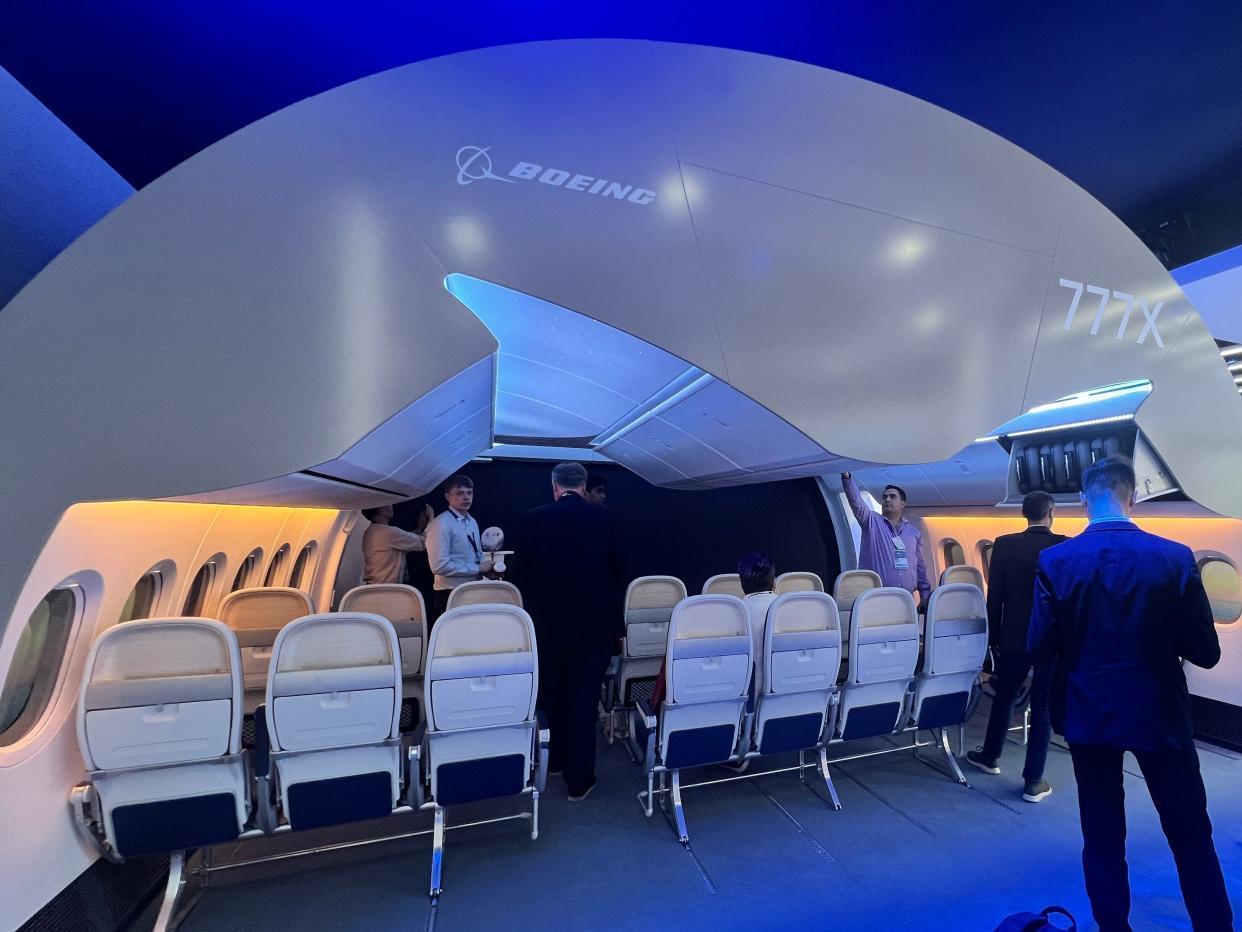
Airlines Poised to Benefit from the Boeing 777X
Boeing’s 777X, the latest addition to the long-range, widebody, twin-engine jetliner segment, is positioned to transform airline fleets through its enhanced efficiency, state-of-the-art engines, and innovative folding wingtips designed to improve airport compatibility. However, the program has encountered substantial delays, with first deliveries now anticipated in 2026—seven years behind the original schedule. These setbacks have been attributed to a combination of certification challenges, labor strikes, and manufacturing difficulties.
Major Orders and Industry Context
To date, Boeing has secured 541 firm orders for the 777X, alongside 169 options. The airlines with the largest commitments stand to gain the most from the aircraft’s introduction, although they face a complex industry environment characterized by rising operational costs, ongoing supply chain disruptions, and weakening demand, particularly in North America.
Among the key customers, Emirates leads with an order for 150 aircraft, including 45 of the 777-8 variant and 115 of the 777-9. Qatar Airways follows with 50 orders exclusively for the 777-9, while Etihad Airways has committed to 25 aircraft, split between eight 777-8s and 17 777-9s. Other significant orders come from Cathay Pacific, Singapore Airlines, Lufthansa, Korean Air, All Nippon Airways, and International Airlines Group (IAG), which collectively account for hundreds of aircraft.
Many of these carriers have adjusted their orders in response to shifting market dynamics. Emirates, the largest customer, remains optimistic about Boeing’s capacity to overcome recent challenges but recognizes the difficulty in scaling production to meet demand.
Strategic Expansions and Future Prospects
International Airlines Group, the parent company of British Airways and Iberia, joined the 777X program later, initially ordering 18 aircraft with options for 24 more. In May 2025, IAG expanded its commitment by six additional 777-9s as part of a broader acquisition of 71 new aircraft, including Airbus A350s. Luis Gallego, IAG’s CEO, has highlighted the group’s requirement for 4-5% annual capacity growth, positioning the 777X as central to its strategy for operational efficiency, emissions reduction, and enhanced passenger experience.
Etihad Airways is also leveraging the 777X to support its expansion plans, intending to introduce 28 Boeing 787 and 777X aircraft from 2028 as it opens a new gateway in the United States. Meanwhile, China Airlines has confirmed its own 777X order, signaling confidence in the aircraft’s potential despite ongoing industry challenges.
While the 777X offers airlines a pathway to modernize their fleets and improve operational efficiency, the broader aviation sector continues to face economic uncertainties and global volatility. The ultimate success of the 777X will depend not only on Boeing’s ability to deliver the aircraft but also on airlines’ capacity to adapt to a rapidly evolving market landscape.
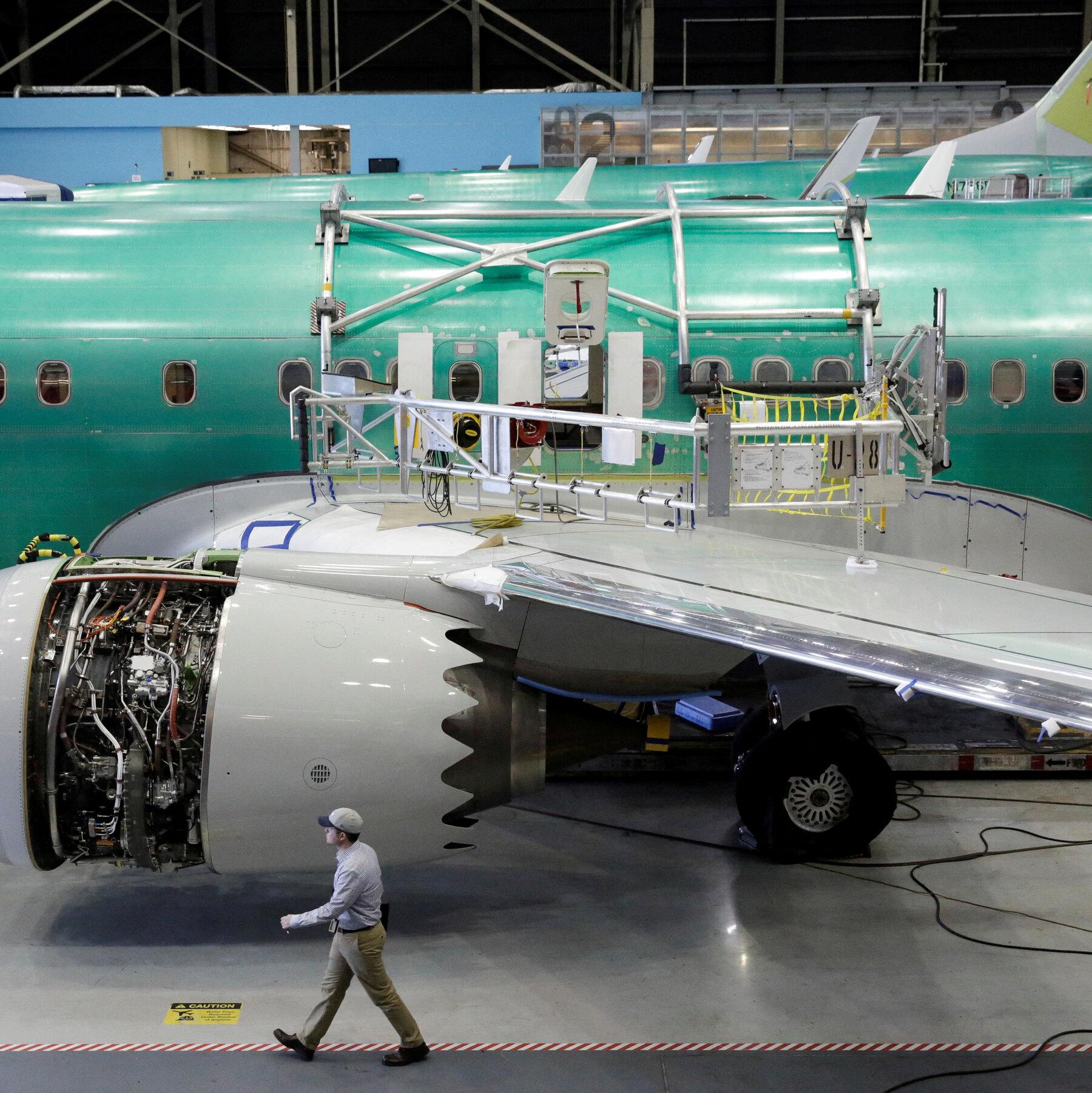
Challenges Boeing Faced After Designing the 737 MAX for Larger Engines
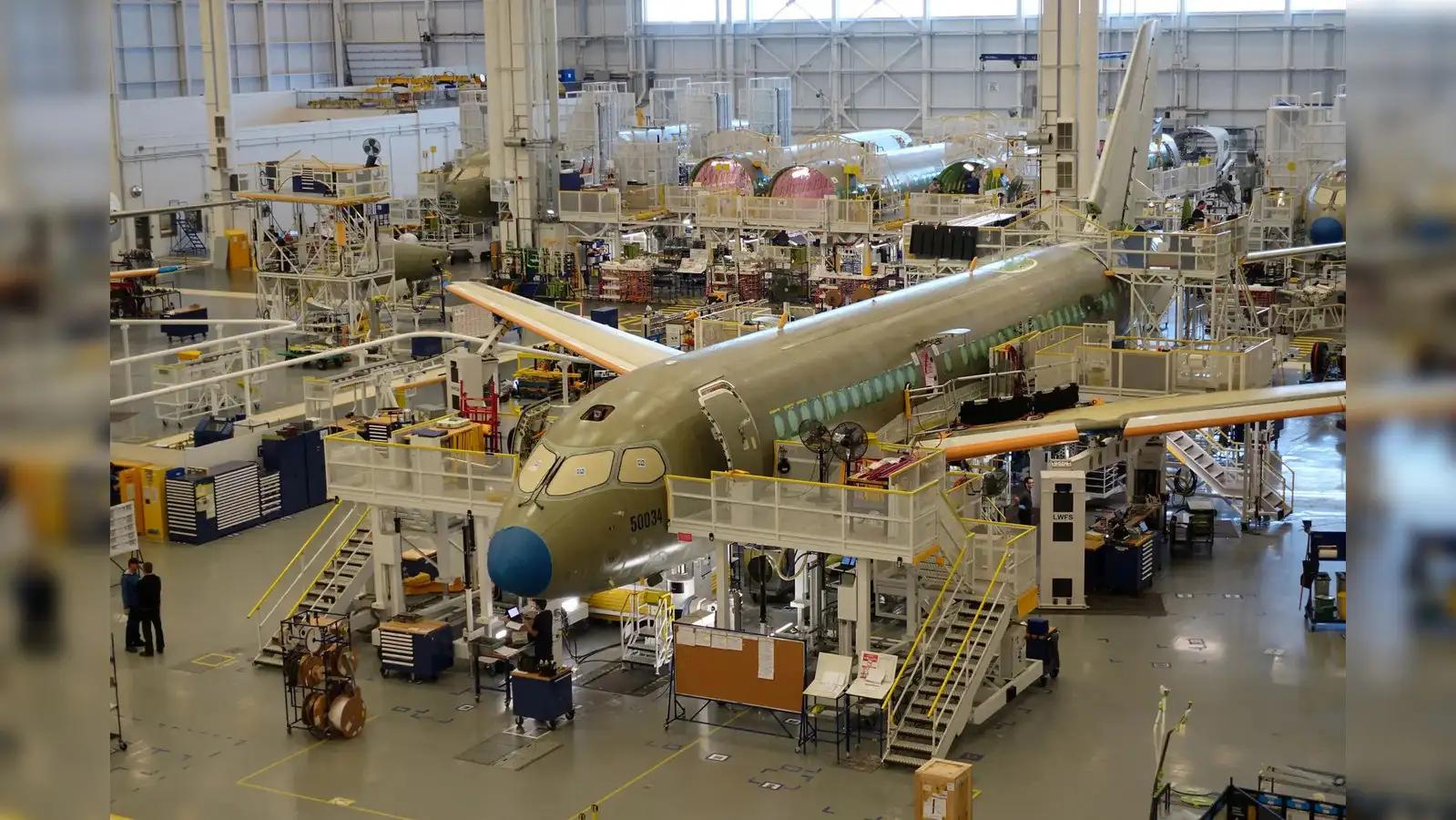
China Reportedly Preparing to Place Major Airbus Order for Up to 500 Planes
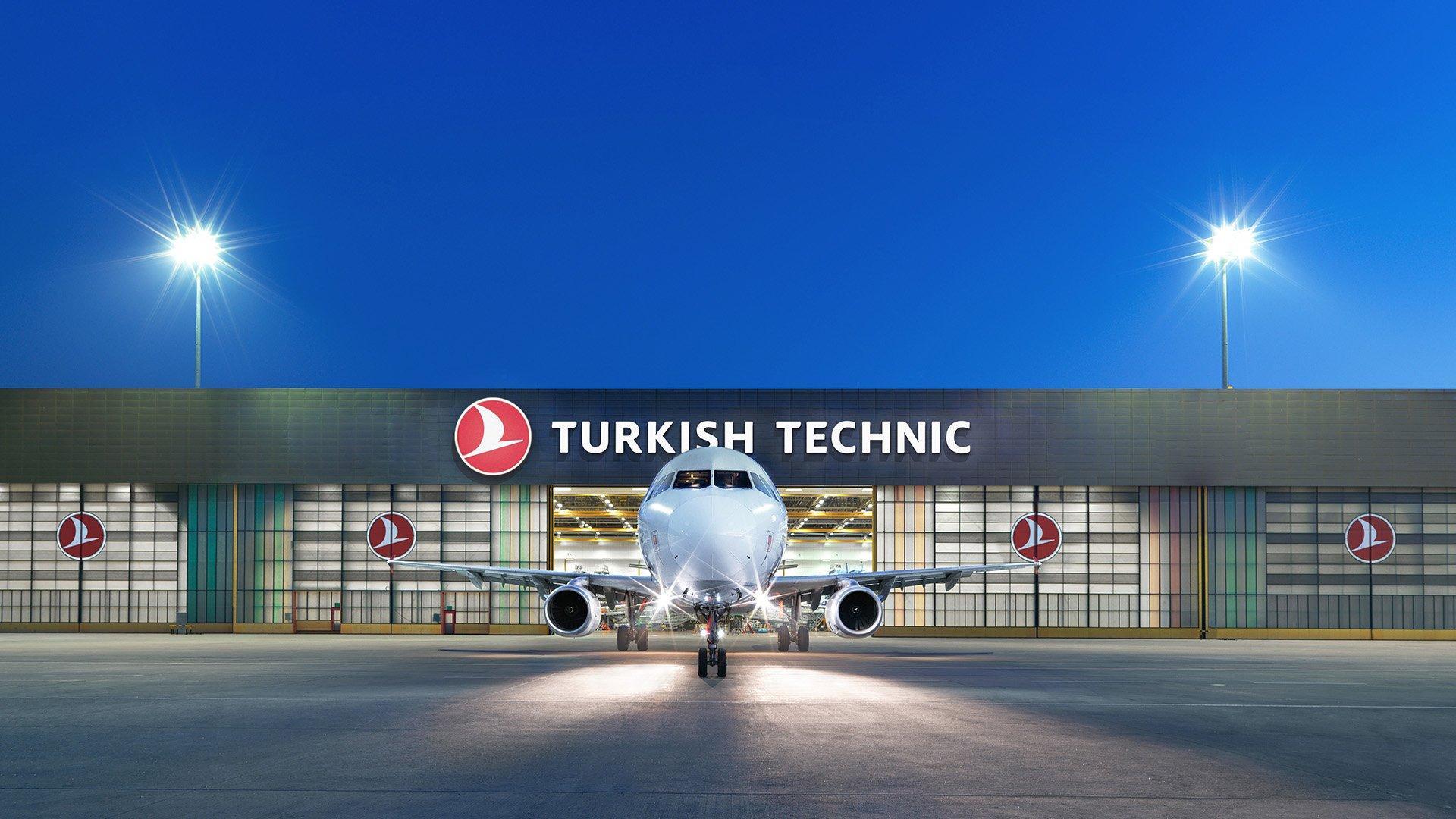
Turkish Technic and CFM Discuss Launching LEAP Engine Repair Hub in Istanbul
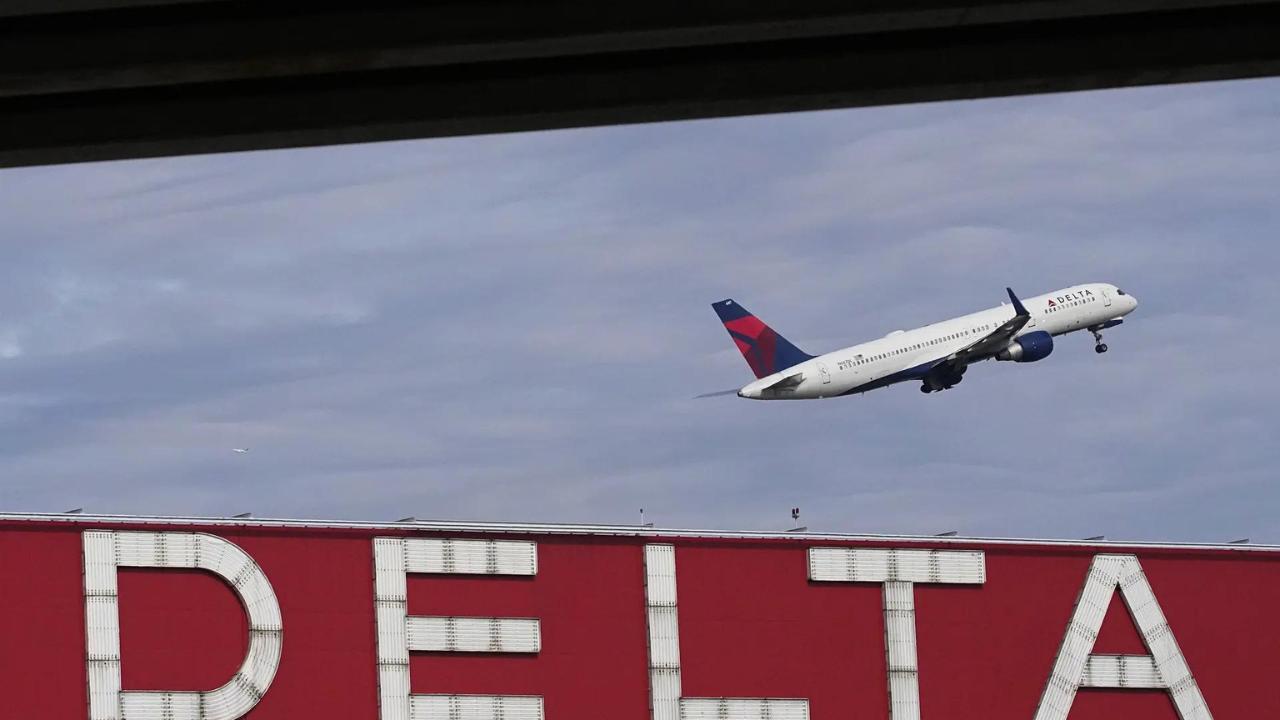
Delta Air Lines Opposes New Trump Tariffs on Aircraft Imports
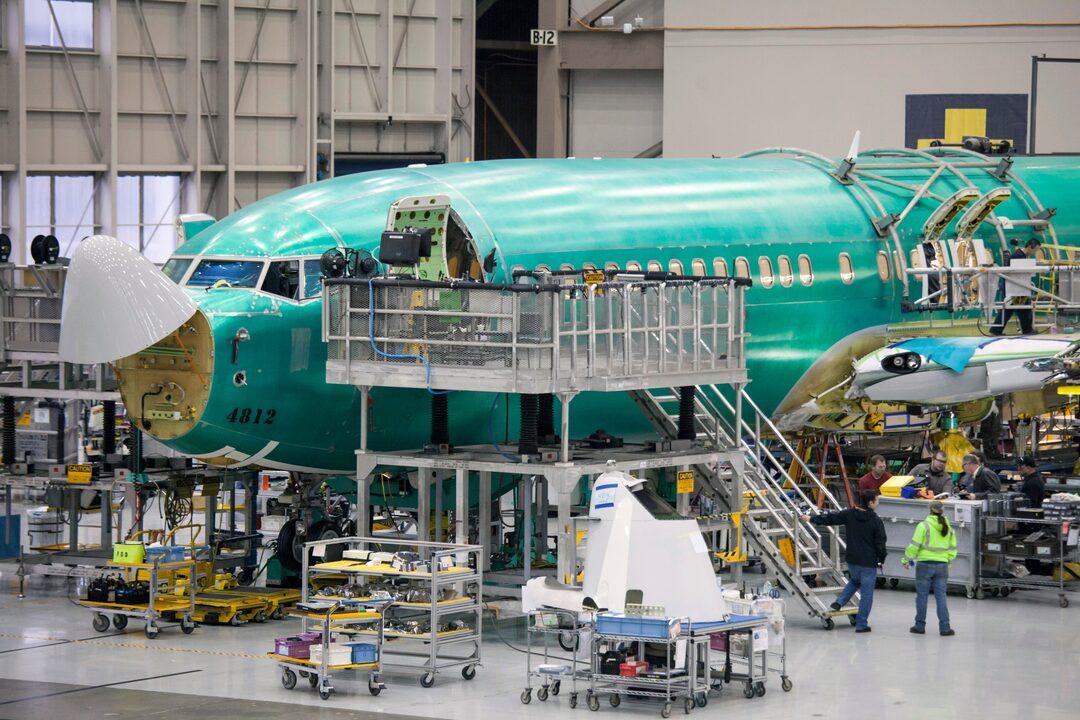
What Boeing’s Production Ramp-Up Means for Supply Chain Accounting
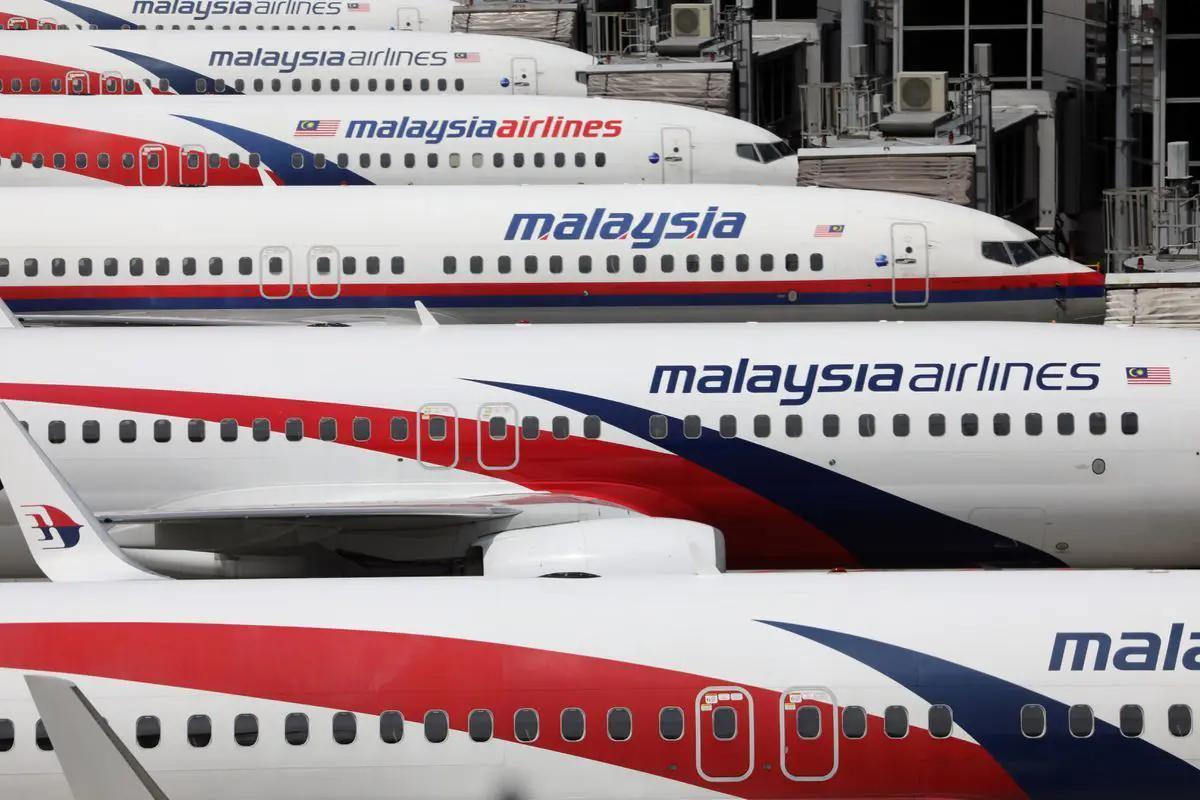
Malaysia Airlines Expands AI Partnership with Google
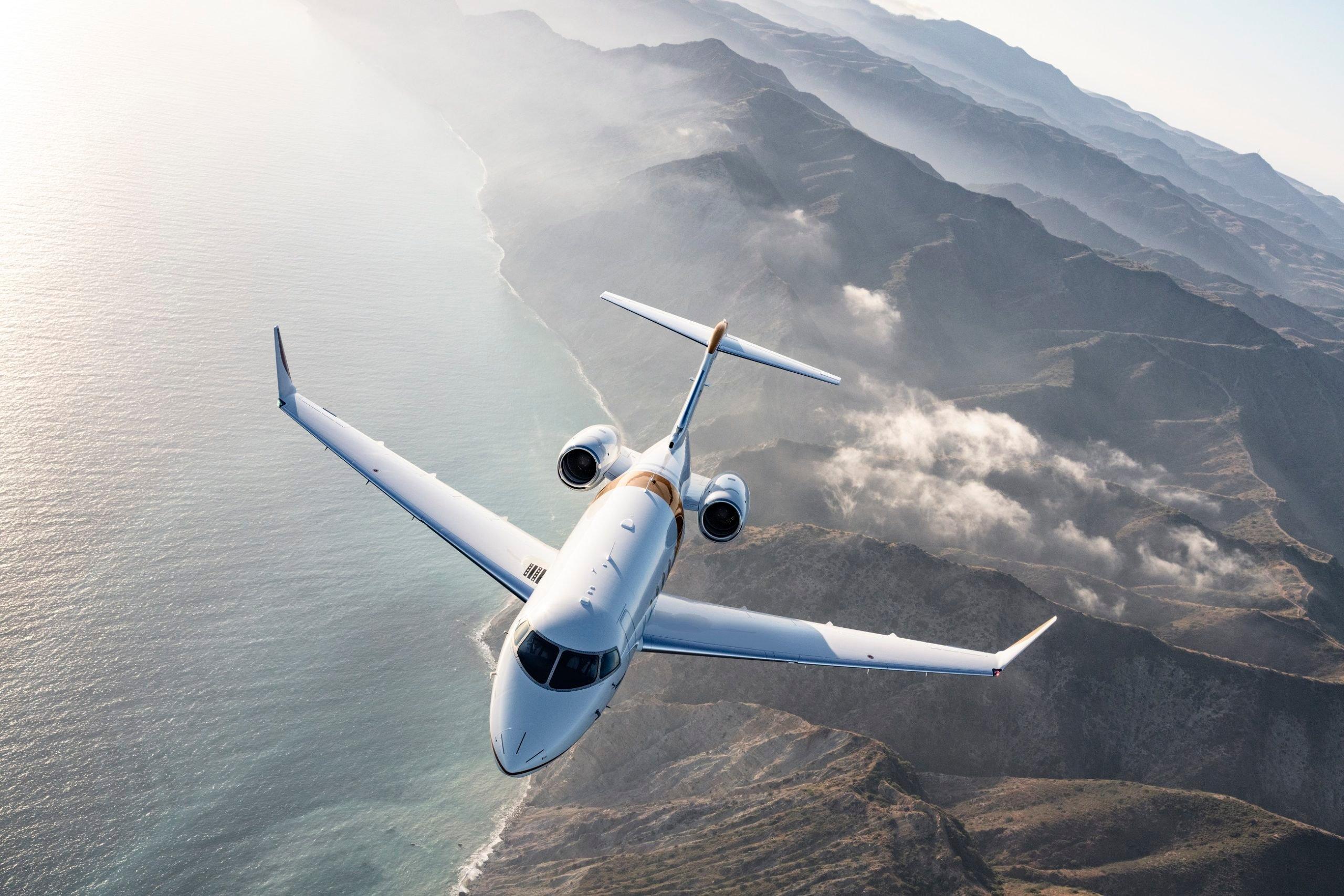
Demand for New Business Jets Expected to Grow 11% in 2025
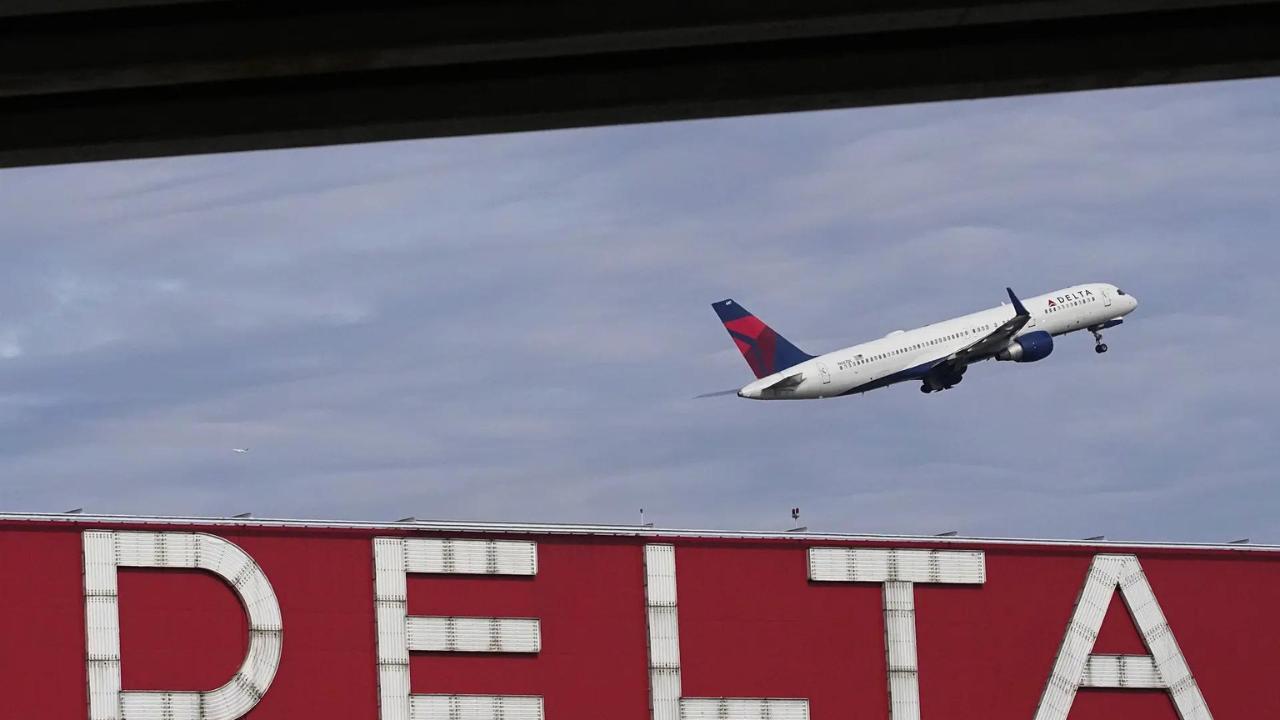
Delta Opposes Trump Administration’s Proposed Aircraft Tariffs
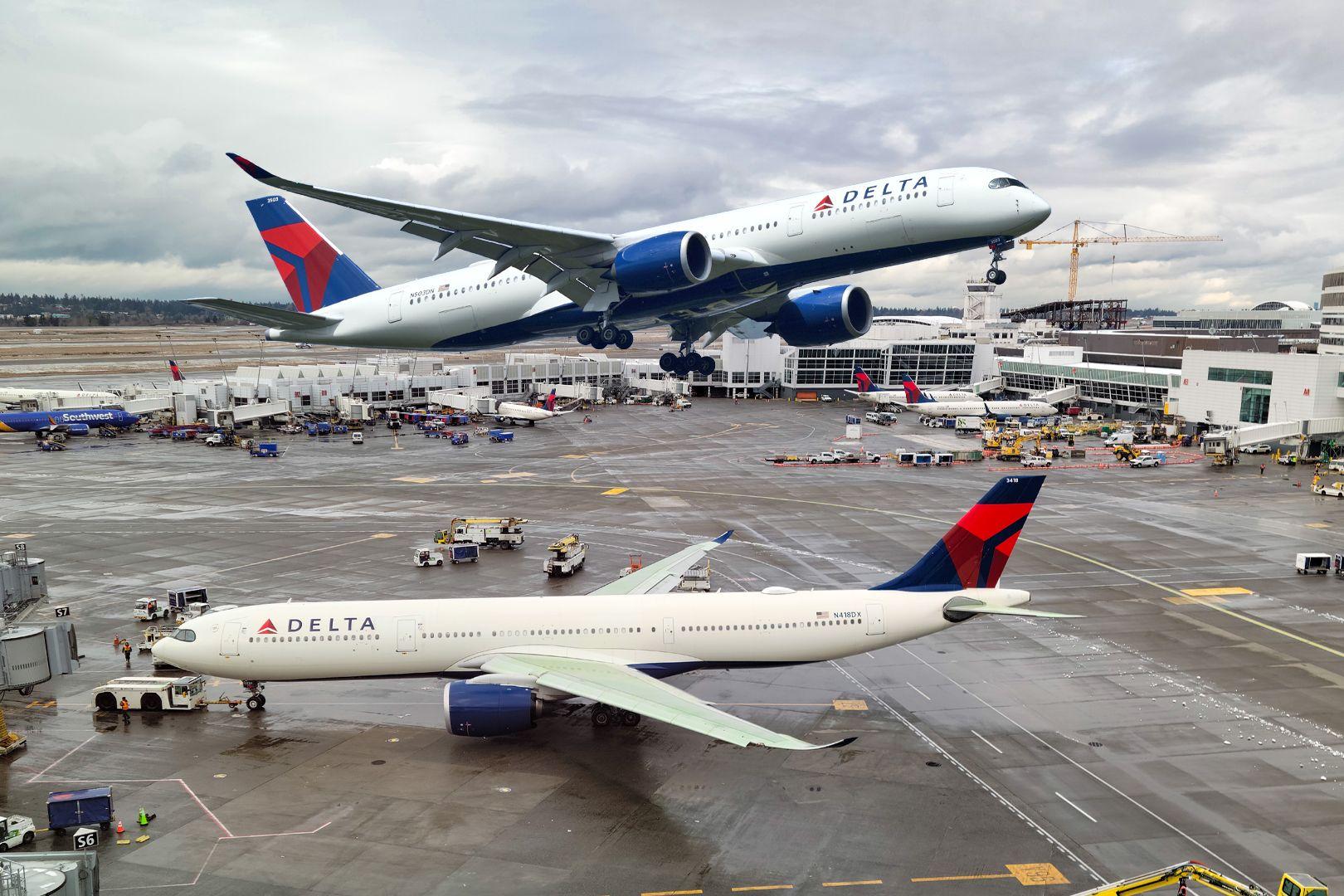
Delta Air Lines Says Tariffs May Threaten Airbus Orders and Flights
